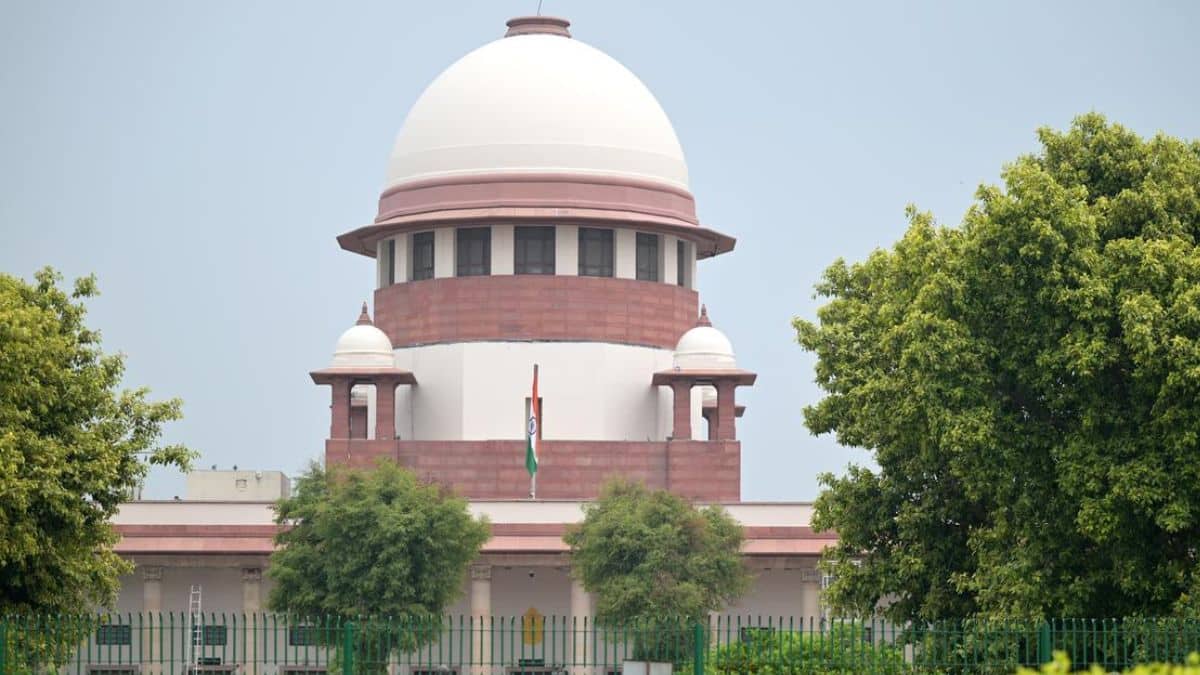The Supreme Court of India has denied a request to stay the Patna High Court’s recent order that annulled the Bihar government’s decision to increase reservation quotas to 65 percent in jobs and educational institutions. This decision, made on July 29, has significant implications for the reservation policy in the state.
The Patna High Court had previously struck down the Bihar government’s move to raise the reservation quota from 50 percent to 65 percent, which had been implemented to benefit various social groups including Scheduled Castes, Scheduled Tribes, and Other Backward Classes. The court ruled that the state government’s decision exceeded constitutional limits and lacked sufficient justification.
Following the Patna High Court’s ruling, the Bihar government sought to challenge the decision at the Supreme Court and requested a stay on the order to prevent immediate implementation. However, the Supreme Court declined to grant the stay, effectively upholding the High Court’s decision until a final ruling is made.
The Supreme Court’s refusal to stay the order means that the reservation quota will remain at the pre-existing 50 percent until further judicial review. This development has sparked reactions across political and social spheres, with proponents of the quota increase expressing disappointment and opponents praising the decision as a safeguard against excessive reservations.
The case will now proceed through the judicial system, with the Supreme Court expected to examine the constitutional validity and implications of the quota hike in detail. The outcome of this legal battle will likely shape future policies on reservation and affirmative action in Bihar and potentially set precedents for similar cases across India.

